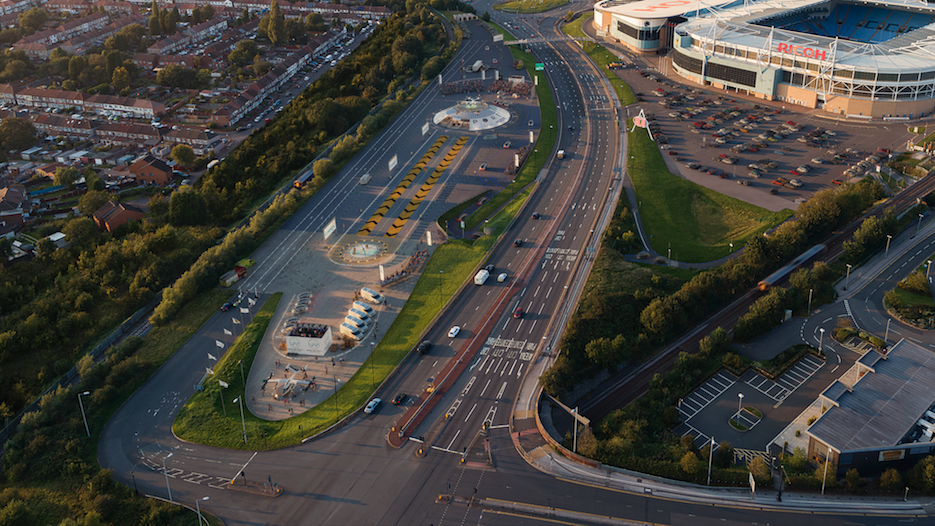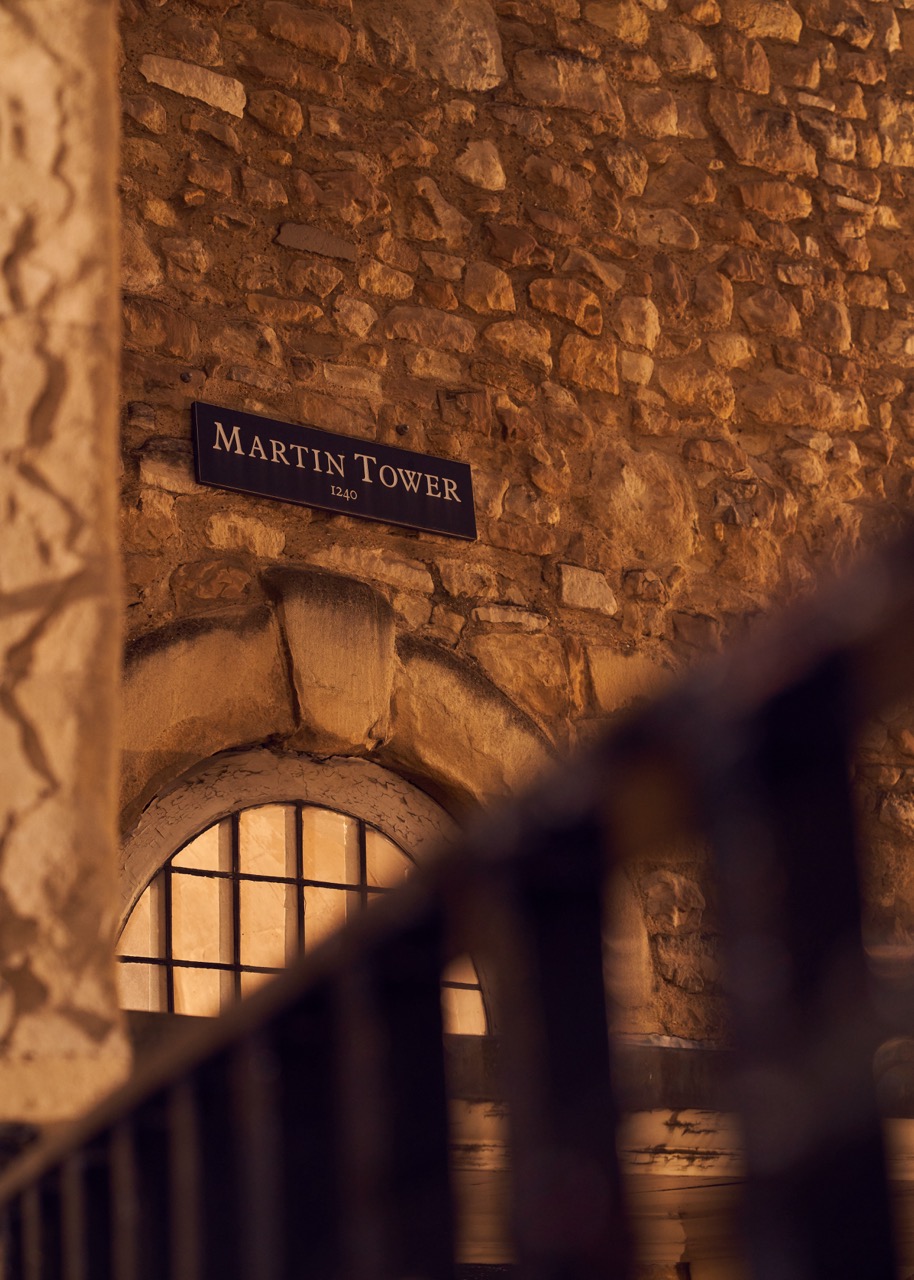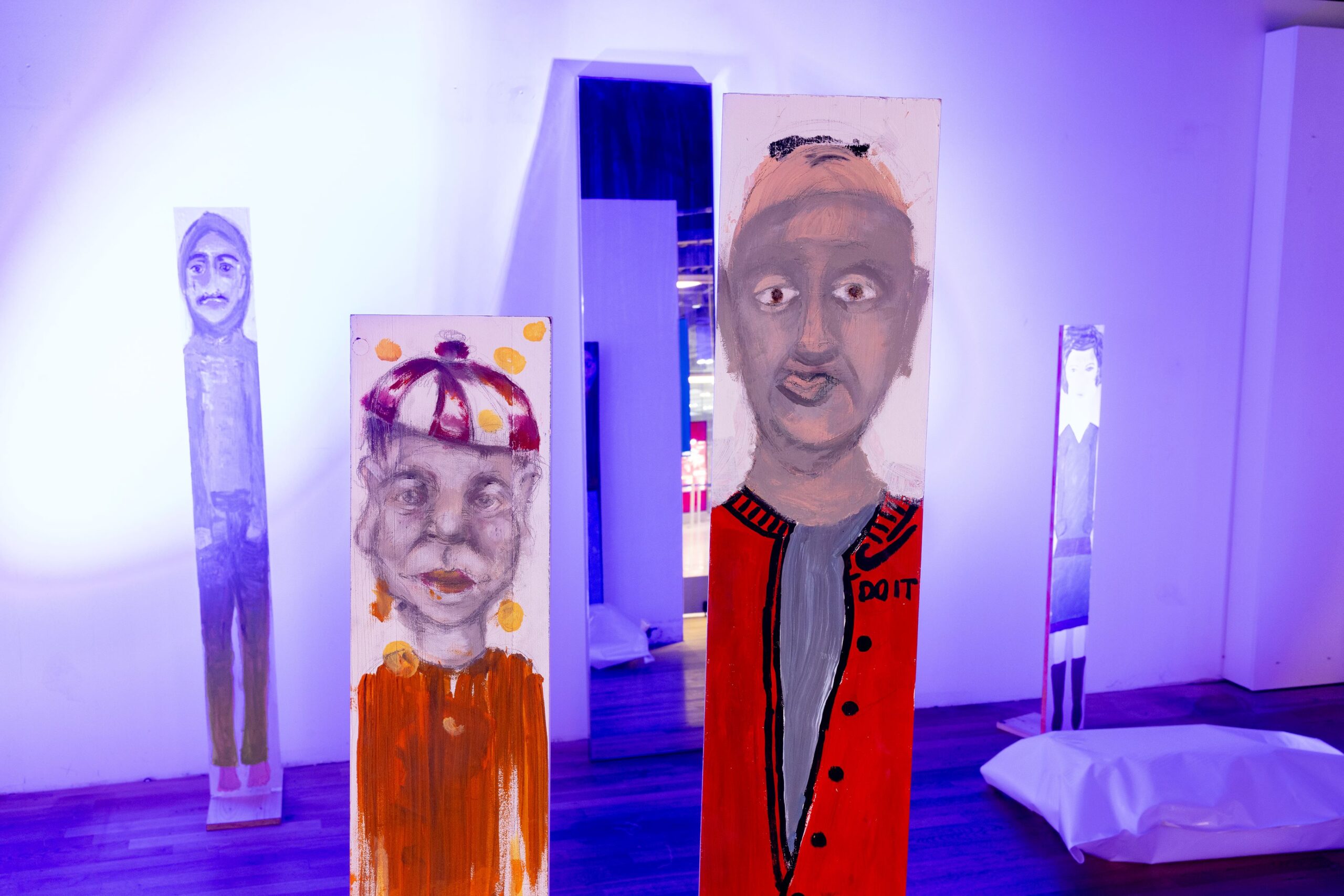UK. Urban Air Port Air-One – a partnership between Hyundai, Urban Air Port and Coventry City Council – has won the UK government’s Future Flight Challenge to develop aviation infrastructure and systems for the next generation of electric and autonomous air vehicles.
It is claimed that Air-One – to be launched in Coventry later this year, close to Coventry City’s Ricoh Arena football stadium – will be a world-first fully-operational hub for future electric vertical take-off and landing (eVTOL) aircraft, such as cargo drones and air taxis.

The Air-One project aims to bring industry, government and the public together to demonstrate how to unlock the potential of sustainable urban air mobility to reduce congestion, cut air pollution and decarbonise transport while providing seamless passenger journeys and deliveries.
The Urban Air Mobility Division of South Korea’s Hyundai Motor Group has chosen London-based Urban Air Port as its priority infrastructure partner to support the global growth of this new sector.
“Urban Air Port will improve connectivity across our cities, boost productivity and help the UK to take the lead in a whole new clean global economy” – Urban Air Port founder and Executive Chairman Ricky Sandhu
Hyundai has plans to create its own eVTOL aircraft and support the broader urban air mobility ecosystem. It is supporting the development of Air-One as part of its strategy to commercialise its aircraft by 2028.

NASA has predicted that urban-air mobility in the US alone could be worth up to US$500 billion in the near-term and states that a significant barrier to market growth is the lack of infrastructure, an issue which founder and Executive Chairman of Urban Air Port, Ricky Sandhu, established his company to resolve.
Sandhu said: “Cars need roads. Trains need rails. Planes need airports. eVTOLs will need urban air ports. Over a hundred years ago, the world’s first commercial flight took off, creating the modern connected world. Urban Air Port will improve connectivity across our cities, boost productivity and help the UK to take the lead in a whole new clean global economy.
“Flying cars used to be a futuristic flight of fancy. Air-One will bring clean urban air transport to the masses and unleash a new airborne world of zero emission mobility.”
The physical footprint of an Urban Air Port is -60% smaller than a traditional heliport, the most comparable existing infrastructure. Using innovative construction methods, the sites can be installed in a matter of days, emit net zero carbon emissions and can be operated completely off-grid.
The company behind them – which has been awarded a £1.2 million grant from UK Research and Innovation’s Future Flight Challenge for the initial project – plans to develop more than 200 sites in the next five years to meet global demand. Urban Air Port said it is now in discussions with investors to support its commercialisation and global growth.

The Air-One site in Coventry will showcase live demonstrations of remote aircraft command and control, charging/refuelling and cargo and passenger loading for manned and unmanned eVTOL aircraft operating in three key markets: passenger air taxi services, autonomous logistics and disaster emergency management.
The site will be unveiled during Coventry’s UK City of Culture celebrations this year.
Watch out for an extended interview by The Moodie Davitt Report with Urban Air Port’s Ricky Sandhu, coming soon, in which we also consider the on-airport commercial opportunities.













